-
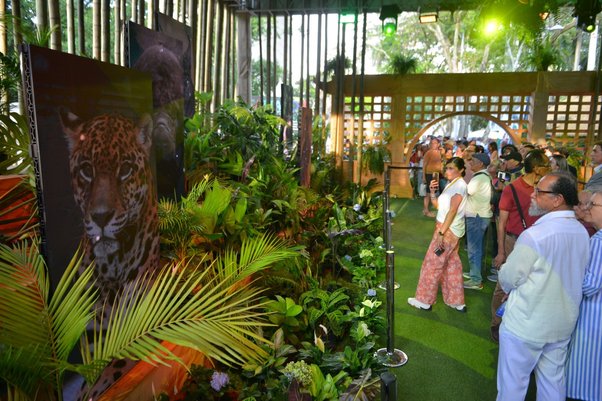
Biodiversity or Big Business? The battle for COP16 resumes
06 February 2025
-
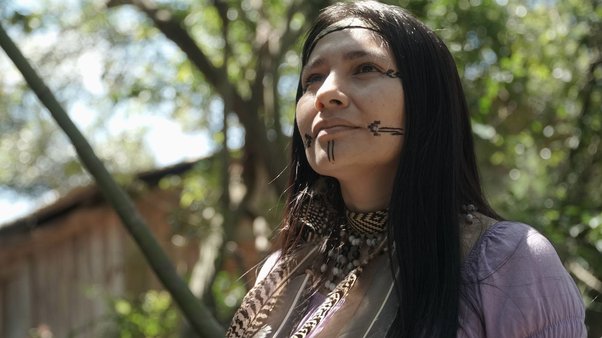
Time to pay up: Make Big Oil fund climate loss and damage
13 November 2024
-
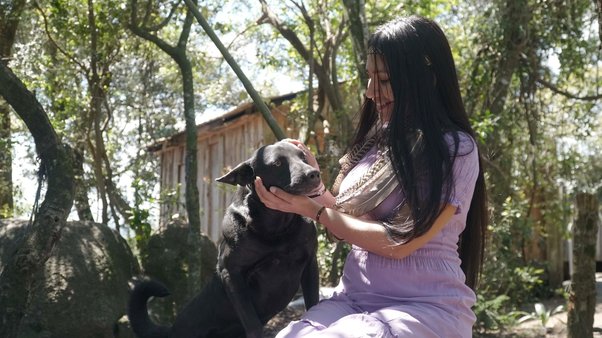
-
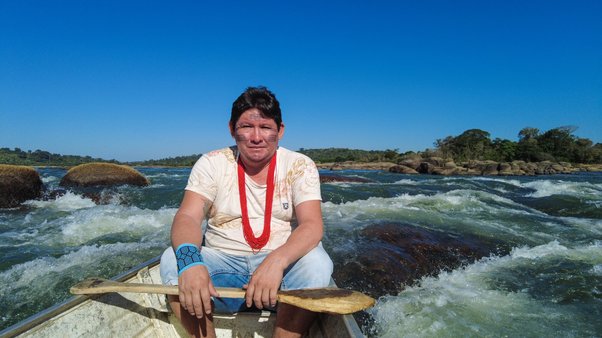
Barclays earned $1.7bn from company tied to Indigenous land invasion
26 September 2024
-
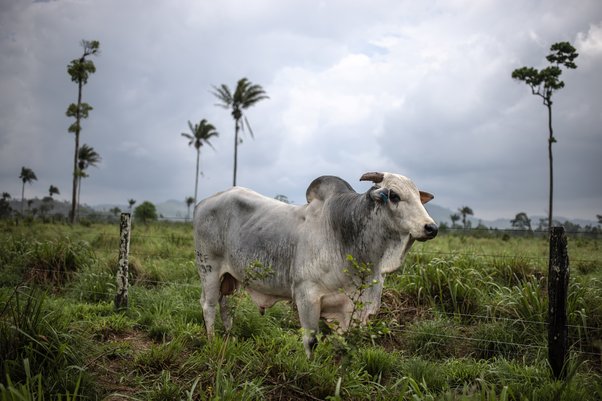
-

-

-
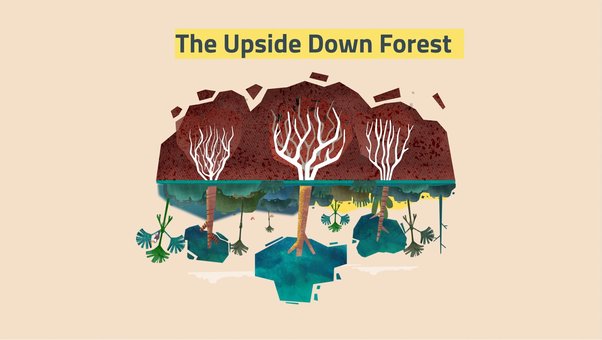
What is the Cerrado – and why is it important for our planet?
21 February 2024